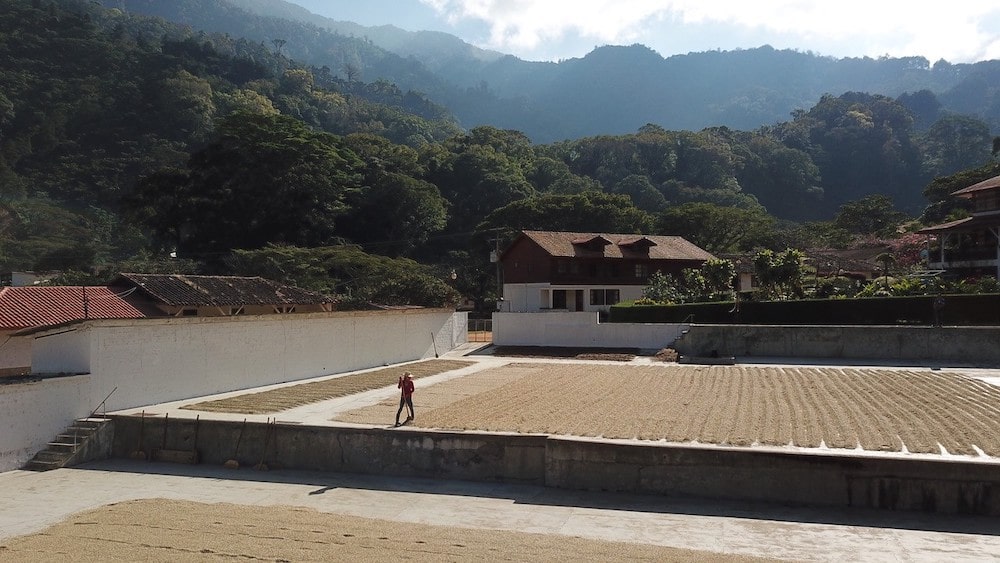Mexico is one of North America’s most important coffee producers, known for its diverse landscapes, rich cultural heritage, and commitment to sustainable farming. Grown primarily in the highlands of Chiapas, Oaxaca, and Veracruz, Mexican coffee offers a wide range of flavor profiles—from smooth and nutty to bright and fruity, often with a gentle acidity and medium body. Many farms are small, family-owned, and emphasize organic and shade-grown practices. Although some coffee is grown on large estates, the majority are produced by smallholders, usually in association with cooperatives. Most producers hand-pulp their coffees, ferment the beans in small tanks and rake and dry them on small patios on their properties. Parchment is sorted and graded at the dry mill.
Fair Trade USA (FTUSA) Certification
Fair Trade USA (FTUSA) certifies coffee from both small-scale cooperatives and larger farms, aiming to broaden access to ethical trade. With a focus on improving livelihoods and empowering workers, FTUSA provides community development premiums and enforces rigorous labor and sustainability standards. The certification allows for greater flexibility while maintaining transparency and social responsibility across supply chains.
Understanding Coffee Grades
The HG designation (or High Grown) specifies that the coffee was grown at an altitude around 1200 meters. Consequently, the beans are hard, dense, and possess the potential for a good coffee cup; this classification is lower than SHG. EP (European Preparation) specifies that the raw beans are all hand sorted to remove any defective beans and foreign material.



